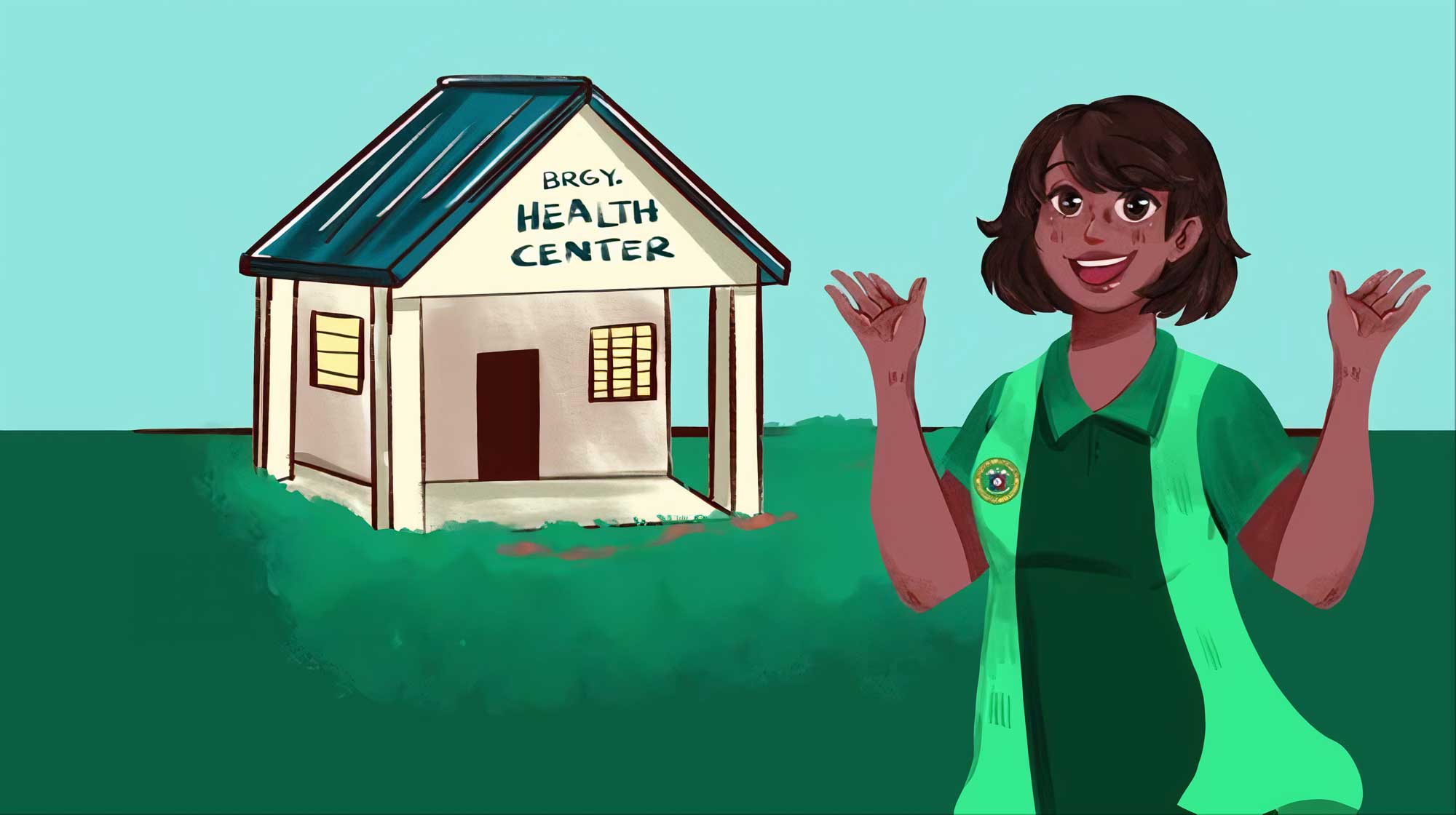- Adolescent and Youth Health
- AI Integration
- Family Planning and Reproductive Health
- Gender Equity
- Global Health Security
- HIV
- Immunization
- Infection Prevention and Control
- Innovations
- Learning and Performance
- Malaria Prevention and Treatment
- Maternal Newborn and Child Health
- Measurable Impact
- Nursing and Midwifery
- Primary Health Care
- Tuberculosis
- Women’s Cancers
Philippines
Philippines
Kumusta?
Advancing women’s and children’s health through innovation, equity, and system strengthening since 1980.

Contact
Ingrid R. Magnata, MD, MPH, MDM, Country Program Manager Tel. (02) 8-822-193Room 801-802 South Insula#61 Timog Avenue
South Triangle, Quezon City 1103, Philippines

Selected Achievements
Jhpiego reduced maternal mortality in Sorsogon health facilities by developing shared quality improvement goals, strengthening referral networks across 18 facilities, and building emergency response and data use capacity.
Through the HPV Vaccination Acceleration Program Partners Initiative, Jhpiego supported the resumption of school-based vaccination, expanding HPV vaccine access and improving delivery through global and national partnerships.
Through the SHE project, which advanced sexual and reproductive health and gender-responsive services in underserved regions, Jhpiego reached 6,800 women and more than 1,000 community members, trained more than 700 service providers in gender-responsive care, and refurbished 62 adolescent-friendly health facilities.
Philippines
Areas of Expertise
Our Projects
Donors + Partners
Boeing Centers for Disease Control and Prevention Civil Society Organizations across project areas Clinton Health Access Initiative (CHAI) Department of Education (DepEd) Gates Foundation Global Affairs Canada International Vaccine Access Center (IVAC) John Snow, Inc. (JSI)
Local Government Units
Merck for Mothers/MSD Philippines Olivia Rodrigo’s Fund 4 Good Oxfam Canada PATH Philippines Department of Health (DOH)Roche Unitaid



